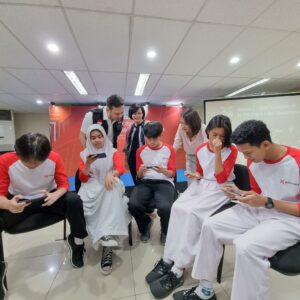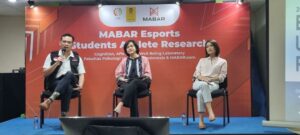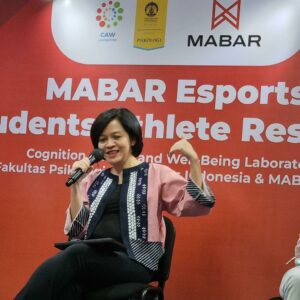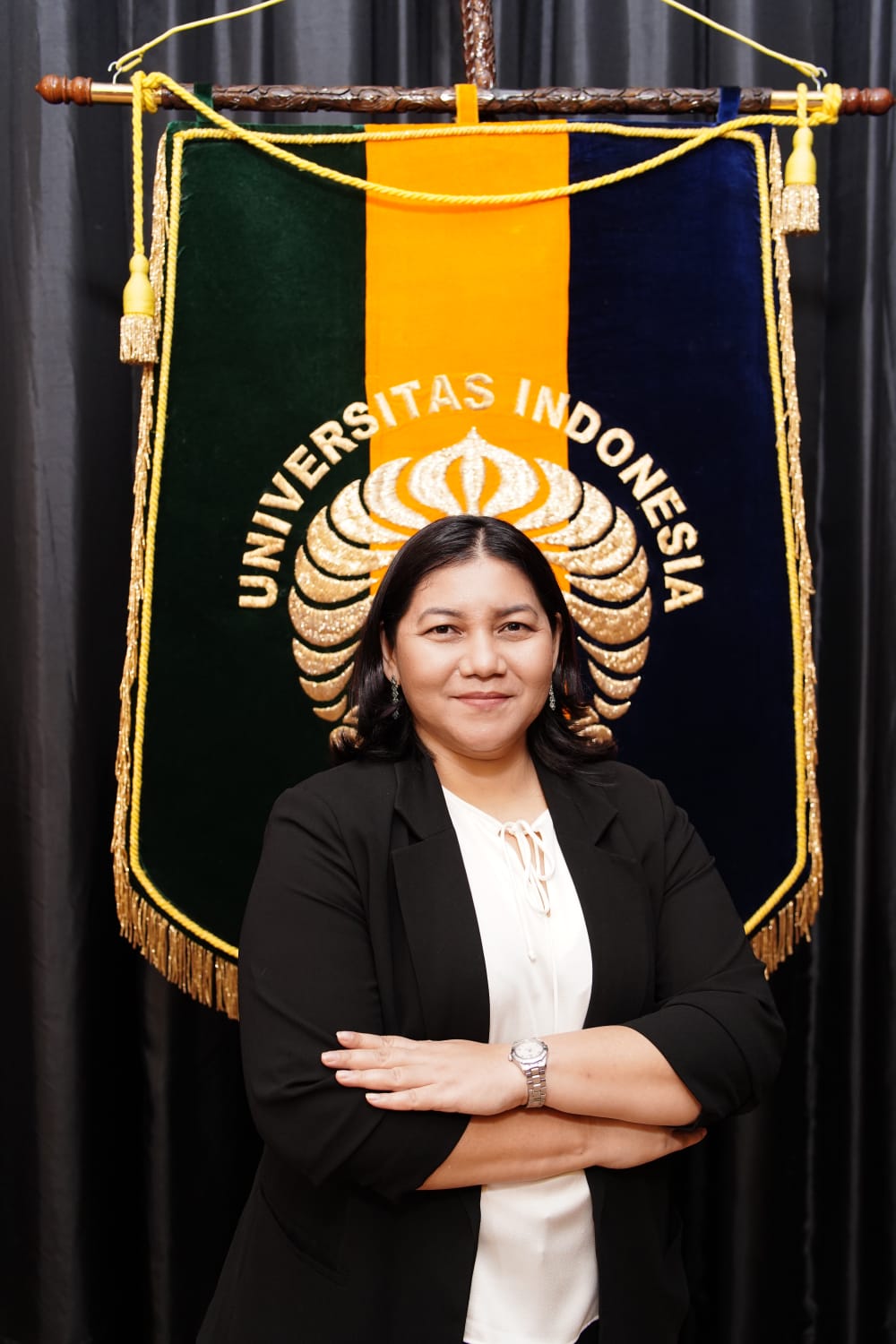
Parents and teachers’ concerns about the impact of gaming on students now have a solution. Results of UI and MABAR Esports Students Athlete Research shows that playing competitive games can help students develop personality. With the right support and platform, playing competitive games can be a means of self-actualization while shaping the identity of smart students with character, and encouraging them to become Pancasila Students.

The research was conducted by the Cognition, Affect, and Well-Being Laboratory (CAW Lab) Team of the Faculty of Psychology, Universitas Indonesia (UI) together with MABAR.com, a competitive gaming platform for students. In the research, three groups of students were compared: first, competitive gamer students; second, casual gamer students; and third, non-gamer students. All three groups were given the same tasks to measure their cognitive and psychological abilities, and the results showed that competitive gaming was better than casual gaming.

“There are at least four key cognitive and psychological aspects where student competitive gamers outperform other groups. First, on the aspect of response control that makes people more focused. Secondly, much higher accuracy. Third, better emotion regulation skills. And, the fourth is a personality that is not impulsive and not prone to stress,” said Psychologist Dr. Dyah T. Indirasari, M.A, Head of the Research Team from the CAW Lab, Faculty of Psychology, Universitas Indonesia during the presentation of research results at the Ministry of Education, Culture, Research and Technology in Jakarta, Thursday (1/9).
Agnes Nauli S.W. Sianipar, M.Sc., Ph.D., Chair of the CAW Lab at the Faculty of Psychology UI, added that these aspects are strong provisions in developing a good personality for individuals. Cognitive aspects such as response control functions are also fundamental to academic learning, sports and music. Research also shows that esports can train the resilience or grit of the students. This ability was most prominently demonstrated by the competitive gamers student group compared to the other two groups.
“There are some assumptions that today’s youth is a strawberry or mushy generation. We found that esports can actually increase student grit. In psychology, grit can be enhanced when a person has a goal, an interest in that goal, and a strong effort. All three aspects are present in esports. Research also shows that grit can improve emotion regulation skills through esports,” Agnes said.
From the results of this study, it is also found that Competitive Gamers use esports as a forum for self-actualization and identity formation. Dyah explained that in the Psychosocial Development phase, accommodating students’ interests in their teenage years plays an important role in helping them form a more positive identity. Because it can accommodate the need for self-actualization, including through esports.
MABAR.com CEO and Co-Founder Aziz Hasibuan believes that an esports platform can answer the concerns of parents and teachers regarding the impact of playing games. This is because there are some fundamental differences between competitive and casual gaming. In competitive games or esports, a team of students needs to work together, execute strategies, hone accuracy, while for casual players these aspects are less pronounced.
“From the results of this research, we recommend that schools intervene in students’ gaming interests by facilitating and making schools an Esports Development Center for Student Athletes. Thus, students can understand how to direct their hobby of playing games to develop their character, not just entertainment needs,” Aziz explained.
This is also driven by the high student interest in esport games. Aziz explained that the MABAR.com platform in less than three months has had more than 10 thousand users from 1000 esports teams from 800 schools in 16 provinces. With such high interest and positive potential, it’s a shame that they don’t get support and direction.
The results of the MABAR Esports Student Athlete Research also show that the strength of positive characters in competitive player student groups can be the foundation for the formation of the Pancasila Student profile, in accordance with the Ministry of Education and Culture’s Vision 2020-2024 with six profile elements, namely Critical reasoning; Creative; Independent; Faithful, devoted to God Almighty, and noble; Mutual cooperation; and Global diversity.
The research team from CAW Lab, Faculty of Psychology, Universitas Indonesia and MABAR.com hope that this research will inspire further studies related to student development through esports.
One of the 10th grade students of SMAN 68 Jakarta, Zhafrano Wira, who is an esports student athlete representing his school, said he has been playing games since he was in the 6th grade. Initially, he saw competitive games or esports from Youtube and then started trying to play. He once had his cell phone confiscated for excessive gaming. He admitted that his parents confiscated his cell phone for 3 days. According to Wira, playing games brings good things to him. Playing competitive games teaches him good team communication, teamwork, ego/self control, and time management. Wira also shared tips on balancing his obligations as a student and his hobby of playing games. “I received support and direction from my parents for my hobby. Although my dream is to join the police academy when I graduate from high school, I prioritize my academic work (school) first,” said Wira.



